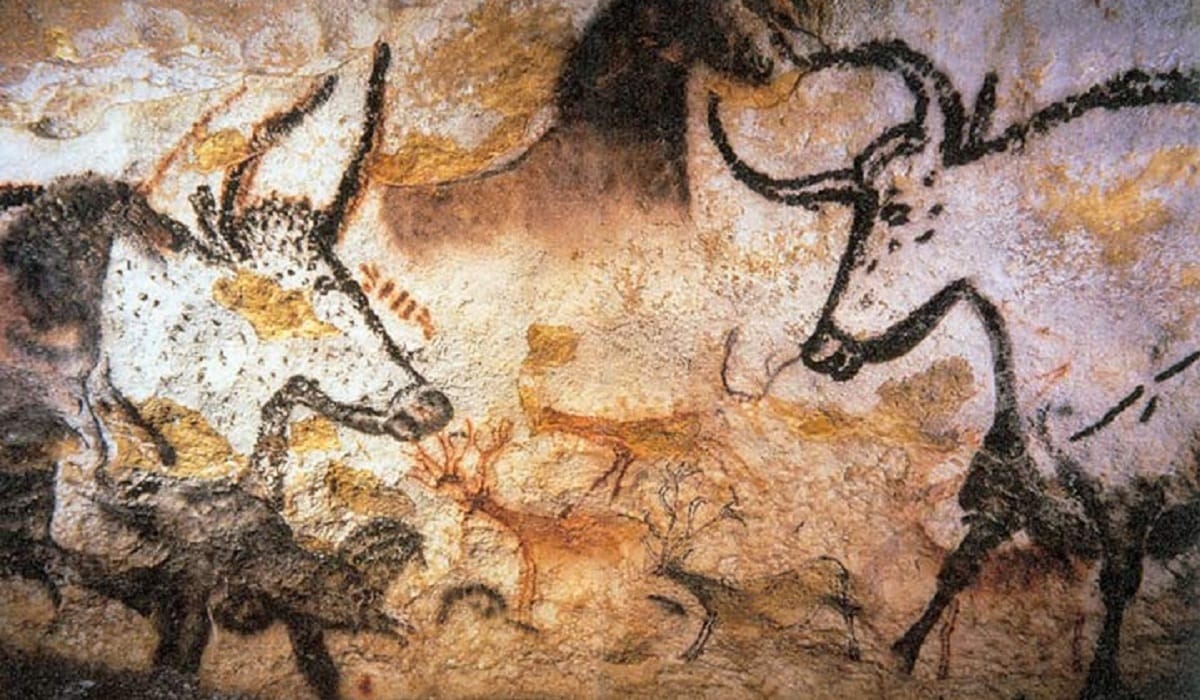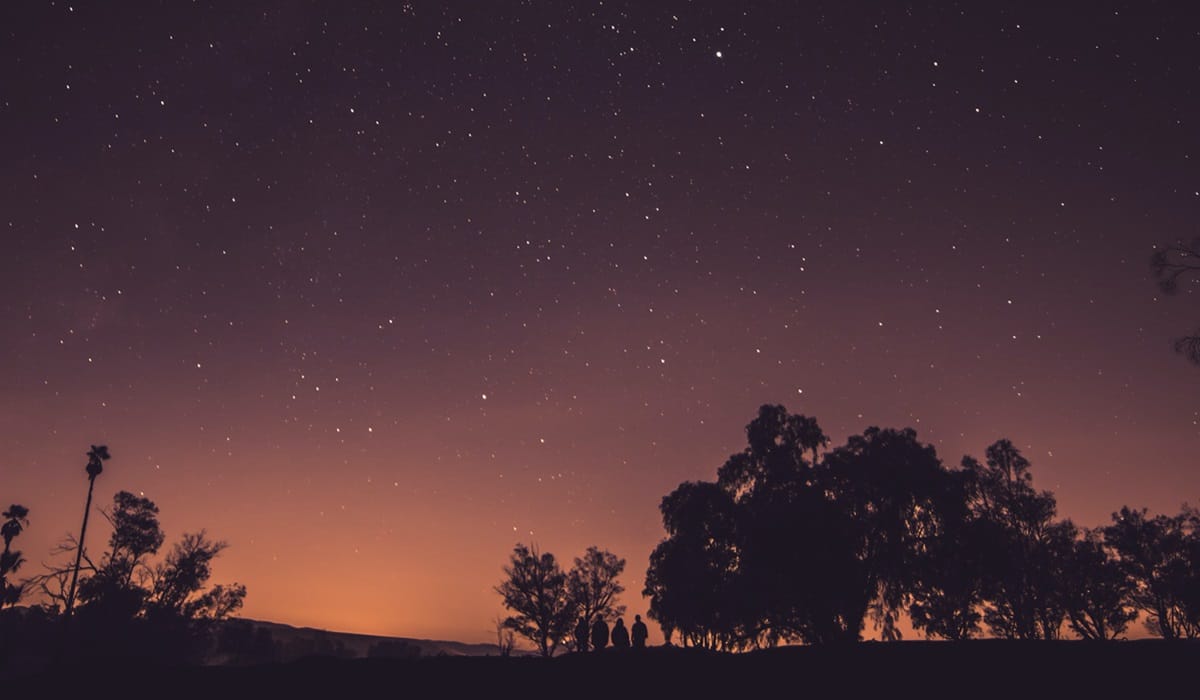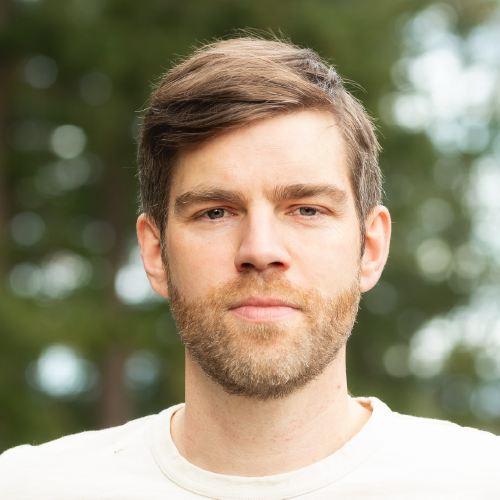
Good news for humankind!
The world’s latest milestones for climate, justice, peace, health, and more
January 8 – 14 2024 C.E.
Consumption poverty in the U.S. has fallen 27% since 1980
Between 1980 and 2022, consumption poverty fell from 33.8% to 6.0% even though the official poverty rate indicated a drop by only 1.5 percentage points over that same period. According to researchers from the University of Notre Dame, consumption, which measures what families are able to purchase in terms of food, housing, transportation, and other goods and services, offers a better indicator of economic well-being than income, which can fluctuate for reasons unrelated to well-being.
Cape Verde is declared malaria-free
Cape Verde, an island nation off the coast of West Africa, was given the status by the World Health Organization (WHO) as it has not reported a single case of local transmission in three years. Experts have hailed this as a major achievement. It’s the first time a sub-Saharan African nation has been declared malaria-free in 50 years.
Microsoft places massive 12GW solar module order, bolstering U.S. solar supply chain
Building on a previously announced 2.5GW module supply agreement signed in January 2023, Qcells will supply Microsoft with 12GW of solar modules over an 8-year period. Equivalent to powering more than 1.8 million homes annually, the solar modules will be produced in the United States at a fully integrated solar supply chain factory in Cartersville, Georgia.
Novel nasal COVID-19 vaccine offers longer, better immunity than jabs
Researchers at Duke-NUS Medical School in Singapore have developed an intranasal COVID-19 vaccine that enhances the immune system’s response to the virus, providing longer-lasting, greater protection than vaccine injections, even against new and emerging variants. The novel vaccine candidate could mean fewer boosters in future.
Uruguay now generates more than 90% of its electricity from renewables
Since the 2000s, Uruguay has installed about 50 windfarms across the country, decarbonized the grid, and bolstered its hydropower. Now, depending on the weather, anything between 90% and 95% of its power comes from renewables. In some years, that number has crept as high as 98%.
Chinese scientists invent a cost-effective, low-emission method of converting coal into protein for livestock feed
Biotech researchers at the Chinese Academy of Sciences (CAS) say the new method could feed livestock much more efficiently than natural plants, while using a1/1000th as much land as farming.
Gabriel Attal becomes France’s first gay prime minister
Education Minister Gabriel Attal has just been appointed prime minister of France, the first out gay man and LGBTQ+ person to be named to the position. At age 34, he will also be the country’s youngest prime minister in its Fifth Republic.
Poland’s Clean Household Energy Initiative projected to prevent 20,000 deaths annually by 2030
A new Polish national program plans to replace half the country’s 2.7 million wood and coal-fired furnaces with natural gas furnaces or even more efficient heat pumps by 2030. The policy is projected to save more than 21,000 lives a year in Poland, increase the number of people breathing clean air 15-fold, and help Poland reach new E.U. air quality standards.
Elephant populations stabilize in southern Africa
New research used 713 population surveys from 103 protected areas from Tanzania southwards to calculate rates of growth or decline from 1995-2020, covering more than 290,000 savannah elephants, 70% of the total in Africa. The scientists found that overall, populations had grown at 0.16% a year for the past quarter of a century.
Suicide-prevention net beneath Golden Gate Bridge completed
A long-awaited suicide prevention barrier at the Golden Gate Bridge has been completed, marking the culmination of a tireless campaign by families who lost loved ones at the famous structure. Crews had been working to finish installing stainless steel nets on both sides of the bridge before a promised 2024 deadline.
The Timeline
Remembering past moments of genius.
Imagining what we might create in the future.

World Health Organization launches unprecedented Global Malaria Eradication Programme (1955 C.E.)
The historic program successfully eliminated the disease in North America, Europe, the former Soviet Union, Taiwan, much of the Caribbean, the Balkans, parts of northern Africa, the northern region of Australia, and a large swath of the South Pacific, and dramatically reduced mortality in Sri Lanka and India. However, the program succeeded only in areas with “high socio-economic status, well-organized healthcare systems, and relatively less intensive or seasonal malaria transmission.”
Wikipedia – Malaria: Eradication Efforts
Humanity eradicates malaria
Through the widespread dissemination of a vaccine developed in the 2020s, global efforts to eradicate perhaps the deadliest disease known to man finally find resounding success. In the 20th century alone, malaria claimed between 150 million and 300 million lives, accounting for 2 to 5% of all deaths globally.
World Health Organization – Malaria vaccine implementation programme
Archive of Human Genius
These milestones have been added to our database of social change milestones – past, present & future. Filter by topic, country, era, and more.
Spark Blog
Reflections and ramblings from Peter Schulte

We don’t know what tomorrow brings
For centuries, Western society has told the story of capital-P Progress. We’ve believed with utmost certainty that our new technologies and modern ways of being bring us ever closer to an ideal society. We’ve been utterly convinced that the world is getting better, so much so that we are often oblivious to the downfalls and perils of modern society.
In contrast, in more recent years, many of us (strangely, many who refer to themselves as progressives) have rejected this story in favor of an unwavering belief that world is getting worse. We believe our modern ways have doomed us to climate apocalypse; rampant injustice; runaway, destructive AI; and pervasive meaninglessness. We’ve become utterly convinced that the planet, society, and the human spirit are on an inevitable trajectory to collapse.
Either way, so many of us orient to the world from a lens of certainty. And often, this certainty operates as an excuse for inaction. If the future is already set, why bother doing anything ourselves?
Here’s my truth: We don’t know what tomorrow brings. Profoundly so. We may feel certain, but our world is actually more uncertain than ever.
It’s of course quite possible that we are indeed near the end of the human experiment. There are many realities and trends today- especially the climate crisis – that point in that direction. But it seems just as possible that we are at the beginning of a profound change in our consciousness and ways of being. What we see as our end days could very well reveal itself to be humanity coming out of its adolescence into maturity, creating a new era of peace, justice, and harmony with Earth.
Perhaps the only thing we can say with some certainty is that the world is changing, more rapidly and radically than ever before. The potential negative consequences are more immediate and catastrophic than ever. And yet, we’ve also never been more capable of transforming global systems for the better than we are right now.
Our future is in no way set or inevitable. It all hinges on the choices we make today.
What will you do?

Peter Schulte
Leadership Coach
Founder & Executive Director, Spark of Genius
he/they
1 on 1 Coaching
I help people who feel burned out, overwhelmed, lost, jaded, or hopeless cultivate a deeper sense of peace, clarity, and purpose. Your first session is free!
Hope you have a beautiful week. ❤



